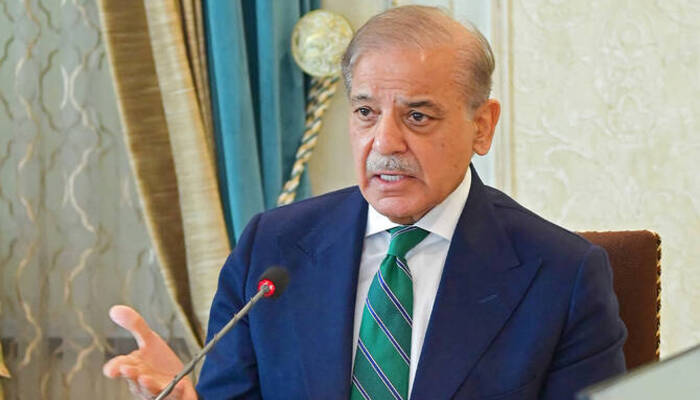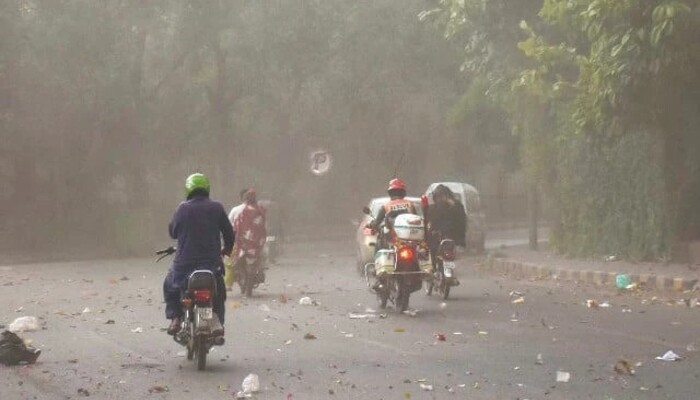
Short-form videos like YouTube Shorts, TikTok clips, and Instagram Reels have become immensely popular. They provide quick entertainment, but excessive consumption can have serious negative effects on mental health, cognitive function, and overall well-being. Scientific research and real-life cases highlight the dangers of these addictive videos across all age groups.
1. Decreased Attention Span
Scientific studies show that excessive exposure to short-form content reduces attention span. A 2019 study by Microsoft found that the average human attention span had dropped to eight seconds, down from 12 seconds in 2000. Neuroscientists warn that constantly consuming fast-paced, short videos trains the brain to expect instant gratification, making it harder to focus on longer tasks such as reading, studying, or working.
A real-life case involves a teacher in California who noticed a decline in students’ ability to focus. Many students admitted they couldn’t concentrate on lectures or books because they were used to watching 15-second videos on TikTok and YouTube Shorts.
2. Addiction and Dopamine Overload
Short-form videos trigger the brain’s dopamine reward system—the same system involved in drug addiction. A study published in Nature Communications (2021) found that social media platforms use algorithms that keep users engaged by providing endless streams of quick, exciting content, leading to compulsive usage.

A case study from China highlights this problem. A teenager developed a serious addiction to watching short videos, spending up to 10 hours a day on TikTok-like apps. His grades dropped, his sleep cycle was disrupted, and he struggled with social interactions. Doctors diagnosed him with Internet Addiction Disorder (IAD) and had to provide therapy to break the cycle.
Read More: Shad Khan’s $360m Megayacht Becomes a Super Bowl Sensation
3. Negative Effects on Mental Health
Multiple studies have linked excessive short-video consumption to anxiety, depression, and lower self-esteem. A 2022 study published in JAMA Pediatrics found that teenagers who spent more than three hours a day on short-form content were twice as likely to experience symptoms of depression and anxiety.
A real-world example is the case of 14-year-old Emily from the UK, who developed body image issues after constantly seeing edited, unrealistic videos of influencers on Instagram Reels and YouTube Shorts. She became obsessed with achieving a “perfect” look, leading to disordered eating habits and emotional distress.
4. Sleep Disruptions and Poor Cognitive Function
Watching short videos before bedtime can significantly affect sleep. Blue light from screens suppresses melatonin production, making it harder to fall asleep. A study by the National Institutes of Health (NIH) found that people who used social media for extended periods before bed had lower sleep quality and higher stress levels.
A documented case from India involved a 12-year-old boy who stayed up watching YouTube Shorts until 3 AM every night. Over time, his academic performance declined, and he became irritable and exhausted. Doctors diagnosed him with sleep deprivation disorder, caused by excessive screen time.
5. Exposure to Harmful Content and Misinformation
Unlike traditional media, short-video platforms often lack strict content regulation. This exposes users, including children, to violent, inappropriate, and misleading content. A 2023 study by the Center for Countering Digital Hate found that TikTok and YouTube Shorts frequently recommend dangerous challenges and fake health advice within minutes of new users signing up.
A tragic example is the “Blackout Challenge,” a viral trend that encouraged people to hold their breath until they fainted. Multiple children worldwide died attempting this challenge after watching it on short-form video platforms.
6. Impacts on Social Skills and Relationships
Excessive screen time affects real-world social interactions. A 2021 study by Computers in Human Behavior found that children and young adults who spent more time on short-form videos had weaker face-to-face communication skills. They struggled to hold conversations, maintain eye contact, and engage in deep discussions.

A mother in Australia shared her experience with her teenage son. He preferred watching endless YouTube Shorts rather than interacting with family or friends. His social skills deteriorated, and he became isolated. After seeking professional advice, the family imposed screen-time limits and encouraged outdoor activities, which improved his interactions.
7. Reduced Academic Performance
Many students struggle academically due to their addiction to short videos. A 2020 study by the University of California found that students who spent over four hours a day on short-form video platforms had lower grades and poor retention skills compared to those who used social media moderately.
A high school teacher in New York noticed that several students performed poorly in exams because they lacked the patience to study for extended periods. They found reading books or writing essays boring compared to watching engaging short clips.
8. Medical Experts Urge Caution
Medical professionals worldwide warn against excessive consumption of short-form videos. Psychiatrists and neuroscientists highlight the impact on brain development, particularly in children and teenagers. Dr. Anna Lembke, a psychiatrist at Stanford University, has spoken about how social media platforms hijack the brain’s dopamine system, making users crave more instant gratification.
Several doctors have appeared in media interviews urging parents to limit screen time. Clips of doctors discussing the impact of digital addiction on mental and physical health have gone viral. Pediatricians recommend no more than two hours of screen time per day for children and suggest replacing digital entertainment with physical activities and face-to-face interactions.
Conclusion
In conclusion, while watching reels and watching shorts may seem entertaining, the side effects of watching reels and watching shorts side effects cannot be ignored. Studies and personal experiences raise valid concerns like is YouTube Shorts bad for your brain, is watching reels bad for your brain, and are YouTube Shorts bad for your brain. The increasing popularity of dangerous reels, bad reels, and negative reels has sparked debate around mental reels, sleep reels, sleeping reels, and even reels depression. Whether it’s latest shorts reels, adalts reels latest, hidden reels, or boys body reels, such content may contribute to mental fatigue and stress. Parents also question, is watching shorts bad for kids and are shorts bad for your brain. People are starting to ask, is watching shorts bad for you, is watching short videos bad for you, is watching Instagram reels bad, and is watching reels bad for your brain. Furthermore, there are discussions about the disadvantages of watching reels, the effects of watching YouTube Shorts, and whether does watching YouTube Shorts affect your brain. Notably, some users report that watching short videos regularly can reduce attention span—does watching reels reduce attention span being a rising concern. The differences between YouTube reels vs Shorts and the difference between Instagram post and reel may seem minor, but consumption patterns differ. Questions like is YouTube Shorts bad for you, is watching reels bad, and are reels bad for your brain are growing more common, reflecting deeper worries about short videow atching causes, dengers reels, and dangerous reels latest. With people constantly seeing reels, watching reel, and exploring why reels are bad for you, it’s vital to ask: why watching reels is bad, why are reels bad for you, and are reels bad for you? In the end, moderation and mindful viewing are key.
Follow us on Google News, Instagram, YouTube, Facebook,Whats App, and TikTok for latest updates















